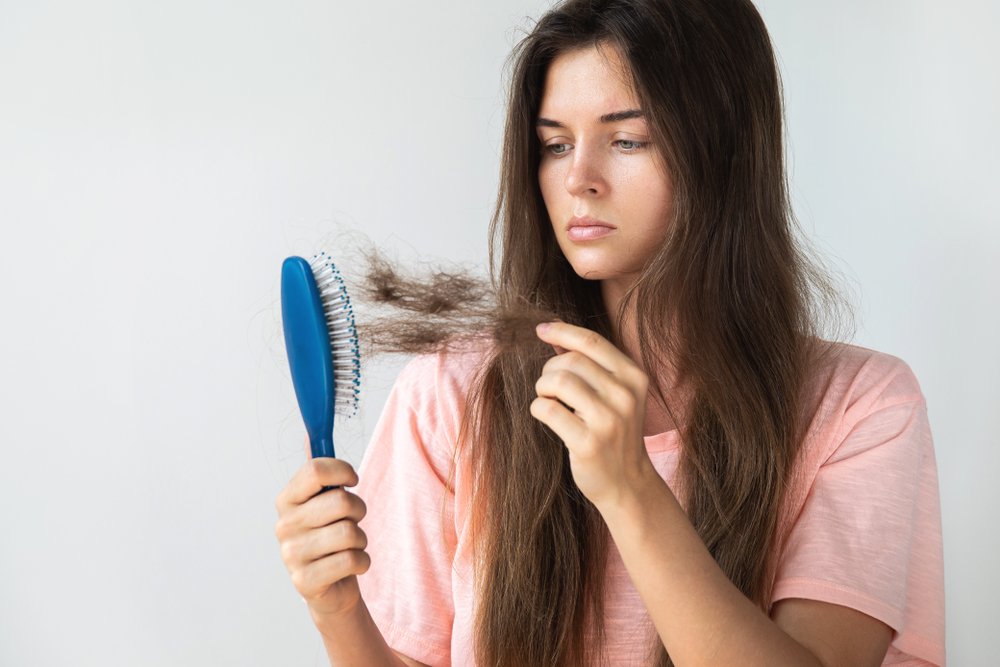Meet Our Doctor

Dr. Neha Rajesh Rathi
Consultant Dermatologist & Cosmetologist

Education:
- MBBS – Pravara Medical College, Loni, Maharashtra, December 2009
- DVD – Dermatology, D Y Patil Medical College and Research Centre, Nerul, Navi Mumbai, July 2012, under the guidance of Dr. Nitin Nadkarni and Dr. Sharmila Patil.
- Fellow of Dermato Surgery under Dr. Sanjeev Handa
Hair Loss Treatment In Amravati

Hair loss, medically known as alopecia, is a condition in which an individual experiences a reduction in hair density on the scalp or body, potentially leading to thinning or baldness. This condition can occur gradually or suddenly, and it affects people of all ages and genders. The most common form, androgenetic alopecia (male or female pattern baldness), is typically hereditary and results in gradual thinning, often following specific patterns.
Other forms, like alopecia areata, are autoimmune-related and can cause hair to fall out in small, round patches. Temporary hair loss, such as telogen effluvium, may be triggered by factors like stress, hormonal changes, illness, or nutritional deficiencies.
Best Hair Loss Treatment Specialist Doctor In Amravati
To find a dermatologist near Apex Clinic, check local listings or healthcare platforms like Google Maps. They often provide information on dermatologists’ locations, reviews, and specializations. If Dr. Neha Rathi practices nearby or at Apex Clinic, these sources might also confirm her availability and contact details. Let me know if you’d like specific steps or further assistance!
Hair Loss Treatment Specialist Doctor Near Me In Amravati
To find a hair loss treatment specialist near Apex Clinic, you can use local directories such as Google Maps. These platforms allow you to search for dermatologists or trichologists (specialists in hair loss) based on your location and provide reviews, contact details, and appointment options. If you specifically want someone who offers treatments like PRP (Platelet-Rich Plasma) therapy, hair transplants, or medical treatments for alopecia, you can filter your search accordingly.
Hair Loss Treatment in Amravati
Hair loss treatments vary depending on the underlying cause and the type of treatment preferred by the patient. Here are some common options available for treating hair loss:
Medications
- Minoxidil (Rogaine): An over-the-counter topical treatment that helps stimulate hair growth and slow hair loss.
- Finasteride (Propecia): A prescription oral medication that works by blocking the hormone responsible for hair loss in men.
- Dutasteride: Similar to finasteride but may be more effective for some individuals.
Platelet-Rich Plasma (PRP) Therapy
PRP therapy involves drawing a small amount of blood, processing it to concentrate platelets, and then injecting it into the scalp. The growth factors in the platelets stimulate hair follicles and promote hair growth.
Hair Transplants
- FUE (Follicular Unit Extraction): A popular procedure in which individual hair follicles are removed from a donor area and transplanted to the thinning or balding spots on the scalp.
- FUT (Follicular Unit Transplantation): Involves removing a strip of scalp and dissecting it into individual hair follicles for transplant.
Low-Level Laser Therapy (LLLT)
LLLT uses light energy to stimulate hair follicles, promoting hair growth. It’s a non-invasive option that is often used in combination with other treatments.
Hair Growth Shampoos and Topicals
Many specialized shampoos, conditioners, and serums contain ingredients like biotin, caffeine, and ketoconazole, which are believed to help stimulate hair growth or strengthen existing hair.
Lifestyle and Nutritional Support
- Vitamins and Supplements: Deficiencies in certain nutrients (like iron, biotin, or vitamin D) can contribute to hair loss. Supplements may help improve overall hair health.
- Stress Management: Reducing stress through relaxation techniques and therapy may help manage hair loss triggered by stress.
